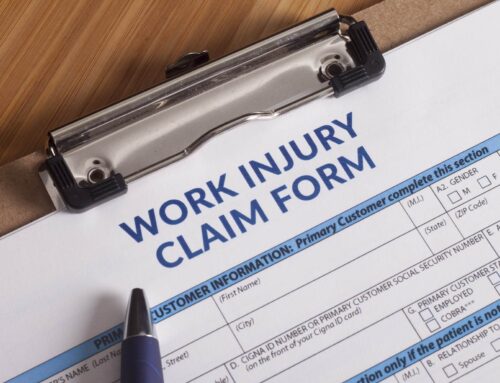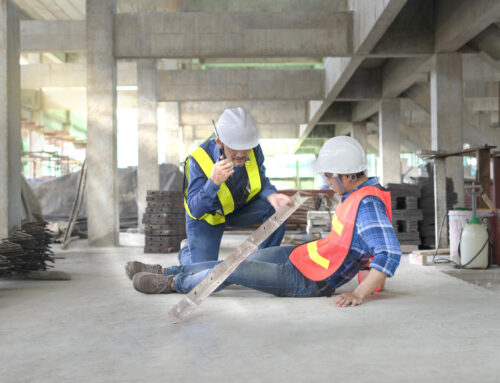On the morning of June 17, 2010, Daniel Cordeiro drove two of his employees to a jobsite. Cordeiro was the owner and supervisor of “Danny’s Construction Company,” a business that focused its efforts primarily on masonry and concrete work. On that day, however, due to jobsite conditions, they arrived to realize that they wouldn’t be able to complete the work. In his own words, though, Cordeiro wanted to “save the day.”
So he had his workers pack up, and drive to a house in Asbury, NJ owned by Cordeiro himself. Cordeiro had purchased the property as a personal investment, but listed Danny’s Construction Company as the repair and renovation general contractor on all construction permits. And, prior to the morning in question, Danny’s had hired plumbing and electrical subcontractors to work on the Asbury home.
When the workers – one of whom had actually worked on the Asbury home previously (as an employee of Danny’s) – arrived, they headed to the roof to install a skylight. But, while working, Cordeiro accidentally fell through down onto the concrete floor below.
He met resistance from the company’s workers’ compensation insurance provider on two grounds. First, though stipulating that the policy did generally cover Cordeiro as an employee of Danny’s, it argued that the accident “did not arise out of or in the course of Cordeiro’s employment.” That, instead, the injuries “resulted from his personal activities [in] his own home.” And second, it argued that the company was only covered by the policy for injuries resulting from the installation of concrete slabs – work on a skylight falling outside this scope.
The court, however, disagreed (recently affirmed by the Appellate Division), siding with Cordeiro against the insurance provider. This might have been a home owned by the owner of the company, but Cordeiro and his employees “worked at the Asbury home on a normal workday, during normal work hours, performing construction work for which Danny’s had obtained construction permits.” And while there was testimony by an underwriter that the policy only covered concrete installation, there was no actual language in the policy to this effect.
The result of this case, according to a recent article on the New Jersey Workers’ Comp Blog, “is not surprising.” There are, apparently, few if any New Jersey cases “where the defense has been accepted that the activity that the company engaged far exceeded the specific terms of the application of insurance.” In many respects, N.J. is quite friendly to workers’ compensation claimants.
For the case itself, see: http://www.njlawarchive.com/201212131110141720806493/. And for the above-mentioned article, see: http://www.njworkerscompblog.com/owner-construction-company-was-covered-when-he-fell-became-paralyzed-while-doing-work-his-own-home/.





